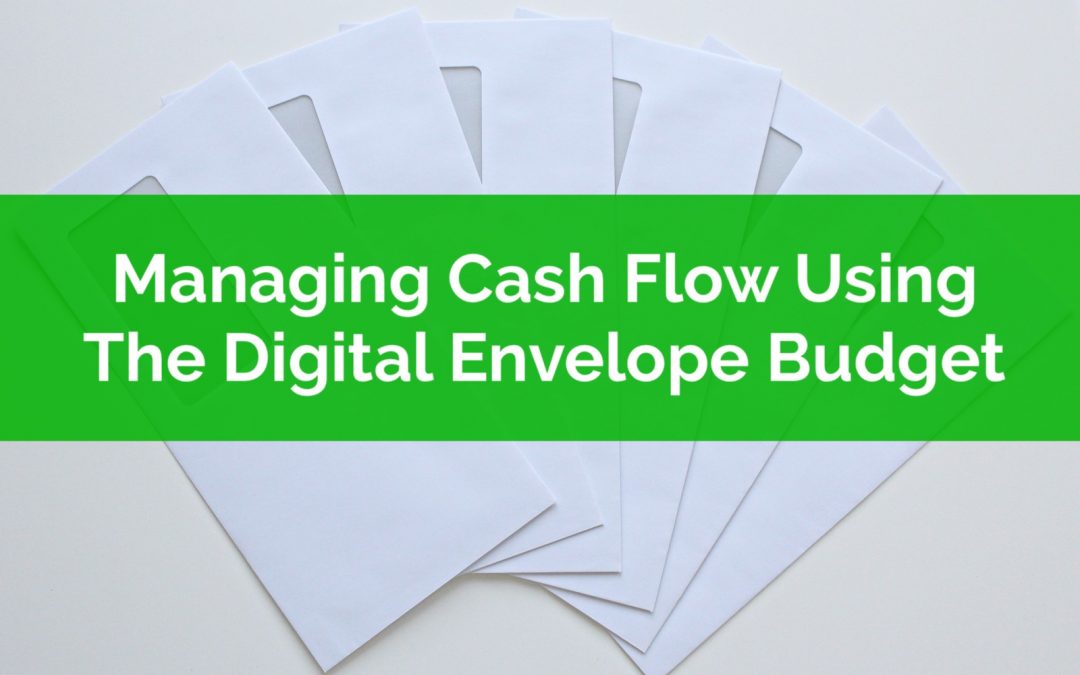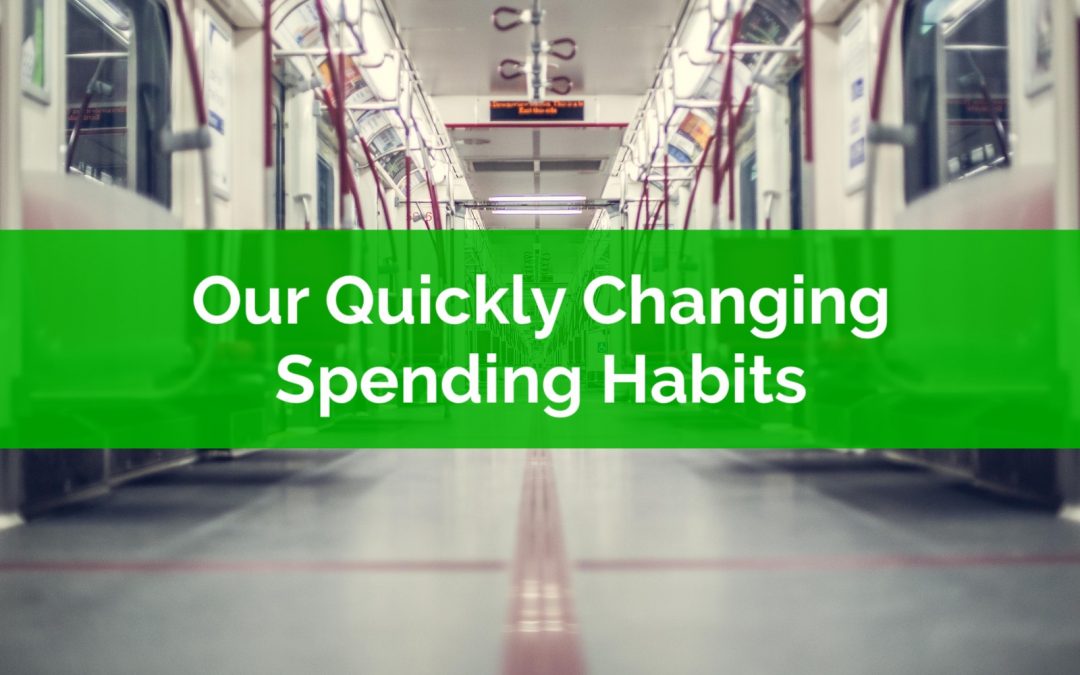
by Owen | Nov 9, 2020 | Budgeting, Buying A Home, Down Payment, Financial Goals, Financial Planning, Get Out Of Debt, Pay Off Mortgage, RESP/Kids Education
There’s a common misconception that financial planning isn’t necessary when you’re young. Young people are often told to go “read some books” about personal finance. Financial planning is traditionally thought of as something reserved for those with higher income, higher net worth, transitioning into retirement etc.
The fact is… this couldn’t be further from the truth.
One of the BEST times to build a financial plan is when you’re young, when you have lots of options, when you’re designing your life (both personally and financially), and when you’re making some BIG financial decisions that will impact you well into the future.
Some of the financial decisions you make while you’re young can haunt you for years or decades. Making the right decisions now can mean less stress and greater peace of mind in the future.
So why is there this misconception that financial planning isn’t for young people?
Most likely because financial planning in the past was focused on products, it was all about investments, insurance, new debt etc. Products that could be sold. Young people were often left out of the conversation because in general, young people don’t need products, they need advice.
Getting the right advice is so important when you’re young.
Even small decisions can have an enormous impact over time. It’s important to get the right advice early on, avoid common mistakes, and create the right systems and habits that will pay dividends for decades to come.
This advice should cover a few key areas that “traditional” financial advisors rarely cover.

by Owen | Jul 20, 2020 | Behavioral Finance, Budgeting, Emergency Fund
Whether it’s a torrent or a trickle, having a system to manage cash flow can help make money easy. One of the most time-consuming things about personal finances is managing income and spending. But what if you had a budgeting system that helped you manage that monthly cash flow? And what if that system was free, easy to set up, and simple to maintain?
Managing income and spending is the best way to achieve financial freedom. It doesn’t take much to go from financial ruin to financial success. It can be as little as $10 per day. It’s not about stellar investment returns, or risky real estate investing, or earning six figure salary, it’s all about paying attention to income and spending.
But old methods of managing cash flow need to be updated for the digital age. Cash is less prevalent, and credit and debit transactions dominate. Any system for managing income and spending needs to be digital, automated, and easy to set up and maintain.
The envelope budget is a classic way to manage income and spending. It’s a proven way to manage cash flow and it’s easy to understand. Money gets allocated to certain envelopes and spent during the month. As money in an envelope gets low this provides a signal to slow down on spending until the envelope gets replenished on the next payday.
Thanks to no-fee online bank accounts, the envelope budget can be easily adapted to the digital age.
But it’s not as simple as just creating a few new bank accounts. To manage cash flow with the digital envelope budget system it helps if you have a budget already created. This may require tracking your spending for a few weeks or months. Or it may require looking at past statements. It also requires an online no-fee bank account.
This is how you set up the digital envelope budget system.

by Owen | Jul 13, 2020 | Budgeting, Financial Goals, Financial Planning, RESP/Kids Education, Saving Money
Children are expensive. That’s something we can all appreciate. But just how expensive are they? What is the cost of raising a child? What is the cost of raising 2, 3, 4+ children?
For new parents, or soon-to-be parents, the cost of raising a child can be a real guessing game. As parents to two young children, my wife and I felt the same uncertainty when we started our family. We had to guess about how much it would cost and what kind of expenses we needed to anticipate.
We anticipated some costs, especially in the first few years, but we never took the time to look at the total cost of raising a child, we just didn’t know where to begin.
As many parents can attest to, raising a child is expensive. There are many costs when raising a child. From diapers to daycare, food to formula, the total cost of raising a child is shockingly large.
The estimated cost of raising a child in Canada is $203,550! Wow!
Plus, this estimate doesn’t even include educations savings like RESP contributions. Add in enough RESP contributions to max out the $7,200 government grant and you’re at a total cost of $239,550 to raise a child in Canada!!!
With each child costing nearly a quarter million dollars, anticipating these costs becomes a very important part of a financial plan. It’s also important to realize this this quarter million is very front loaded, with a lot of the cost coming in the early years. For new families this is important.
When building a plan, we want to anticipate these costs on a year-by-year basis, we want to understand when these expenses will occur, and we want to plan for possible cash flow issues down the road.
We also want to help new parents understand that there is a light at the end of the tunnel, because for parents with 1, 2, or 3+ young children, the cost of daycare and diapers can feel pretty overwhelming.
Lastly, we also want to anticipate government benefits and tax credits, both can help offset a large percentage of the cost of raising a child. This is an important part of a family plan and can be worth thousands of dollars per year, so we don’t want to ignore them.

by Owen | May 18, 2020 | Budgeting, Saving Money
There are lots of easy ways to save money each month but these four are probably the easiest.
Saving and investing on a regular basis is a key way to achieve financial goals. Creating a strong habit is important to accumulating a significant amount of wealth. Without a regular habit of saving and investing it can be quite difficult to make significant progress.
Even a small change can have a significant impact if it’s done consistently over a long period of time. There isn’t a big difference between financial success and financial stress. Even as little as $10/day can have an enormous impact over the course of a few years. Extrapolated over decades the difference is staggering.
Thankfully with technology this can be made quite easy. There are a few simple ways to save money each month. And accounts like the TFSA and RRSP make that even easier. They allow contributions to compound tax free, providing a significant boost to savings and investments.
There are a few easy ways to save money each month. The four ways we’ll focus on in this post all use automation. They take advantage of programs or systems that already exist. This helps make it easier to setup and maintain a healthy savings habit.
Automation is great, it helps maintain a good habit, and it makes it easy to “set it and forget it”. Best of all, automation means that we typically don’t even see this happening each month. By automating contributions to savings and investments we hardly miss the money being funneled away for future goals.

by Owen | May 11, 2020 | Budgeting, Financial Planning, Get Out Of Debt, Government Programs
Having the option to defer mortgage payments has been a great source of relief for many Canadians. The large banks introduced options to defer up to 6-months of mortgage payments. But what is the cost of mortgage deferral and how does your mortgage change in the future?
The option to defer mortgage payments has been incredibly helpful for those with reduced income or cash flow. It’s provided an enormous amount of relief. It’s even allowed some people to build up a small amount of emergency savings (a personal finance best practice).
But what is the cost of these reduced payments? How will interest be accrued? What options do you have to reduce this accrued interest in the future?
In this post we’re going to use our free debt calculator to estimate the cost of mortgage deferral. We’re going to explore how the deferral impacts both short-term and long-term finances. Plus we’ll look at how different repayment options may impact the total amount of interest paid and the length of time to mortgage freedom.

by Owen | Apr 13, 2020 | Budgeting
It may not always be that obvious, but habits have a LARGE impact on our day-to-day spending. Very little of our monthly spending is actually driven by pure decision making. Although we would like to believe we’re in control of our spending, the truth is most of our day-to-day spending is driven by our spending habits. Even when we think we’re making a unique spending decision, “should I buy this new toaster or not?” it’s still likely influenced by our past spending decisions.
Spending is also very important, it has an ENORMOUS impact on a financial plan. Unlike other financial factors, whether than be investment returns or income, spending is the number one factor when it comes to financial planning.
Spending even an extra $10/day means a potential $192,389 LESS at retirement.
PLUS! Spending an extra $10/day IN retirement requires an extra $91,240 in financial assets at the start of retirement.
So not only does spending more mean you have less financial assets at retirement, it also means you need more assets to support that spending, a double impact!
Spending is important to every financial plan, and because spending is driven by habits, that also means habits are important.
And… unlike any time in recent history, our spending habits have been disrupted like never before.
Social distancing, self isolation, work from home, school closures, essential versus non-essential business etc. These changes have had an enormous impact on our spending habits in a very short period of time.
Despite the very negative reason for these changes there is a positive aspect, our spending habits have undergone a massive disruption. Unlike any time before, now it’s easier than ever to evaluate spending habits and decide what is truly important and what is simply nice to have.
Many of us will need to evaluate our spending habits out of necessity, but many of us can also take this time to evaluate our spending habits out of choice. We can all use this disruption to our normal spending habits as an opportunity to change our habits in a positive way for the long-term, putting us on a better financial path in the future.
Page 6 of 12«...45678...»






